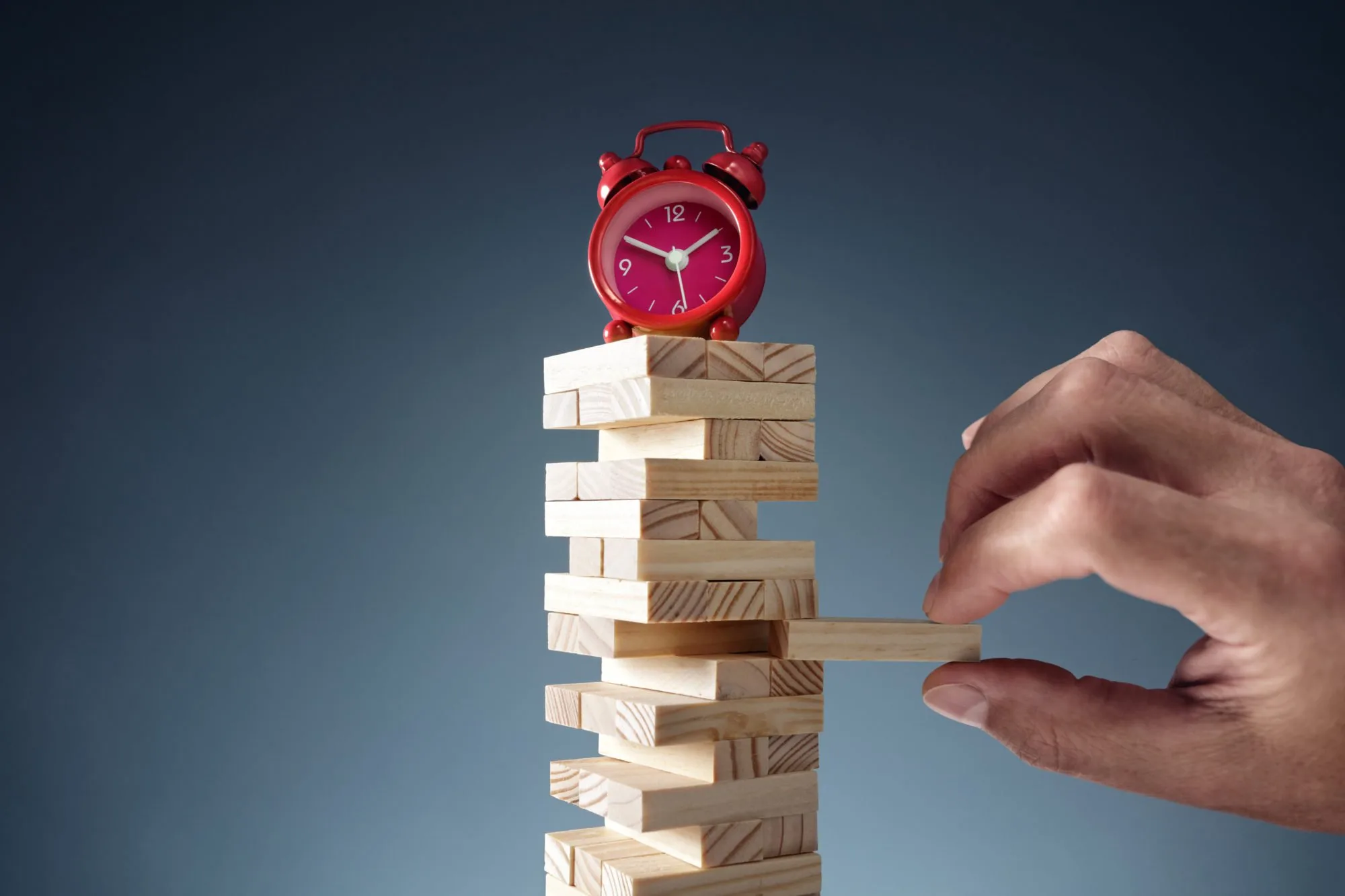COVID-19 is still causing stress and anxiety around the globe. Statistics show that many people are feeling depressed, scared, sad, angry and lonely despite the fact that the pandemic numbers have begun to reduce. If you’re one of those still stuck with negative feelings that have not improved over time, then you need to do a mental wellness self-check.
Is your mental wellness at risk? Do a self-check
Certain people face a bigger risk of mental health problems during lockdown. These include:
1. Children and adolescents
Young people love to spend their days being active, at school or with their friends. Even in the age of social media, social distancing is causing young people to experience feelings of loneliness, depression, and anxiety. The pandemic has accelerated a dependence on social media, and this in turn can also affect mental health. Take special note of the younger ones around you.
2. Those living alone
Many people live alone. With COVID-19 feelings of loneliness have been heightened with limitations placed on public social contact and events. This has increased the risk of depression, anxiety, and stress.
3. At-risk groups
At-risk populations include older adults and those already with underlying health conditions. These include people suffering from diabetes, hypertension, asthma, TB, HIV, diabetes, and heart disease.
Because they are at risk, these communities have been encouraged to limit social contact. Unfortunately, this can increase the risk for depression and anxiety. Sadly, it can also cause them to question their self-worth and value to others.
4. Those who work
Whether working, on leave, or being laid off, the stress and worries about finances, job security, and planning for the future are all the same. These different stressors can increase anxiety as well as the risk of depression. We often self-check when it comes to our work performance, so too should we self-check our mental resilience.

These are the signs of anxiety and low mood
If you, a friend or a family member, have had these constant symptoms over the COVID-19 pandemic, then you should reach out for help.
- A change in mood, with feelings of hopelessness
- Loss of interest in previously enjoyable activities
- Lack of motivation
- Struggling to get out of bed
- Either a significant increase or decrease in appetite and weight
- Significant over or under-sleeping
- Self-loathing, constant self-criticism, and guilt
- Anger or irritability
- Constantly checking bad news
- Thoughts of suicide
6 Ways To Address A Negative Mental Self-Check
1. Express what’s going on
Expressing what you’re feeling releases tension. Find creative outlets, such as writing or drawing, to move that stressful energy. Also, sharing your views and concerns with those you can count on is important.
Social media can also play an important role in providing support. However, social media can also fuel anxiety. So limit your time to positive statements and communications. Leave if you see the conversation getting too negative.
2. Stay in the moment
Worrying about the future causes stress. Notice what’s going on right now, at this very moment, not what your mind is telling you.
To live in the now means being conscious, aware and in the present with all of your senses.
When we concentrate our attention on the present we focus on the task at hand. We give our full attention to what we are doing, and we let go of outcomes. When we are positive and optimistic in the present, we open the possibility of a positive and promising future. We owe it to ourselves to make every moment count – now!
3. Observe and breathe
Pause, breathe, and notice your thoughts and sensations. Allow your feelings to be present.
How Can You Improve The Way You Breathe?
You can self-check how you’re breathing each day. This will help you to improve your breathing by practicing breathing for five counts in and five counts out. This has huge benefits for the mind and body, as it better oxygenates them. You can also pay closer attention to how you are breathing naturally whenever you feel a certain emotion, be it joy, sadness, anxiety, bliss, etc. Notice that when you are holding your breath for too long a period or taking short, shallow breaths, you are not feeling your best. Notice your natural pattern of breathing when you are experiencing bliss. When you notice that you are feeling anxious or sad, you can change your state by making yourself breathe in the same way as you do when you are in a state of bliss.
With practice this will become a habit or a natural reflex. So whenever you start to feel anxious, your practice breathing pattern will kick in and you will change state.
4. Make a list of your stress
Examine your specific stressors and write them down. Look at them through new perspectives once you’re done listing them. Re-visit them each day and review where you are at with them. Just the act of writing stressors down often gives rise to a positive counter stress action. It helps you feel like you are more in control.
5. Let go of self-judgment
According to Dr Rondald Alexander; “One of the greatest obstacles to creative transformation and moving deeper into self-acceptance is unwholesome self-judgment, and we all have it. “The mind’s ability to generate such judgments is very powerful, because it’s working off old neural programming that must be rewritten again and again before new, more wholesome thought processes can become habitual. With more wholesome thought patterns in place, crisis becomes less overwhelming, and it’s far easier to let go of resistance, tune in to your passions and inner resources, and move forward with self-confidence.

The objective is to stop assigning meaning to these self-judgments, because once you start to give them weight, they begin to weigh you down. Elaborating on these judgments will cause you to feel constricted by your unwholesome thought processes. Your ability to make breakthroughs, weather crises, and begin living more richly and more authentically will increase once you make a conscious decision to let go of unwholesome self-judgments every time you recognize them and move into a space of self-acceptance.”
6. Do something
They say the best antidote to anxiety is action. If you can do something to help someone else then this is going to relieve your own anxiety. Whether it is by reaching out to friends or family in need. Or simply by donating time or money to a charitable concern that really needs it right now. No matter how small or great, any initiative to help others will make you feel better and help build a better world all round.
Often helping others will help you too. So if you’ve noticed that a friend or a family member is battling with their mental wellness, you can share experiences without upsetting or scaring them off. Start by talking to them:
“Hey. How are you? We’re all going through a lot right now. Some of us are finding it harder than others. I am just checking in on you. Just to let you know if you ever need to talk, I’m always here, ready to listen and help.”
“Hey. Do you want to spend some time together? I’ve noticed that you’ve been feeling down and it might make you feel better to talk, or do something fun to ease your mind? I could do with the company myself.”
The bottom line
Stress, anxiety, and poor mental health can be overpowering. It can also really damage your state of mind and quality of life if you don’t get a handle on it. When things seem completely overwhelming, like what we’re experiencing with the global COVID-19 pandemic, we can feel powerless, fearful, and stuck. Yet research shows that 20 percent of stress is what happens to us; 80 percent is how we deal with it. Do a mental self-check regularly and act to remedy low feelings. Importantly, seek professional help if you’re not seeing an improvement in time. Expert doctors and nurses at MD Infusions offer Ketamine treatment for mood disorders and stress relief. You can consult with them for more information.
Read more:
Johns Hopkins is offering a free psychological first aid online course. Click here to read more.
References
- https://www.healthline.com/health/anxiety-complications
- https://psychcentral.com/blog/8-health-risks-of-untreated-depression/
- http://www.thelancet.com/journals/lanchi/article/PIIS2352-4642(20)30186-3/fulltext
- https://ewn.co.za/2019/09/10/sadag-depression-is-still-the-leading-cause-of-suicide-in-sa/amp
- https://www.helpguide.org/articles/depression/depression-symptoms-and-warning-signs.htm
- https://www.ons.gov.uk/peoplepopulationandcommunity/wellbeing/bulletins/coronavirusandlonelinessgreatbritain/3aprilto3may2020
- https://www.mentalhealth.org.uk/coronavirus/coping-with-loneliness
- https://onlinelibrary.wiley.com/doi/10.1111/jpm.12644
- https://workplaceinsight.net/working-under-lockdown-is-strainin-mental-health/https://health.clevelandclinic.org/are-you-experiencing-coronavirus-quarantine-fatigue/


